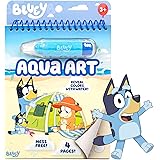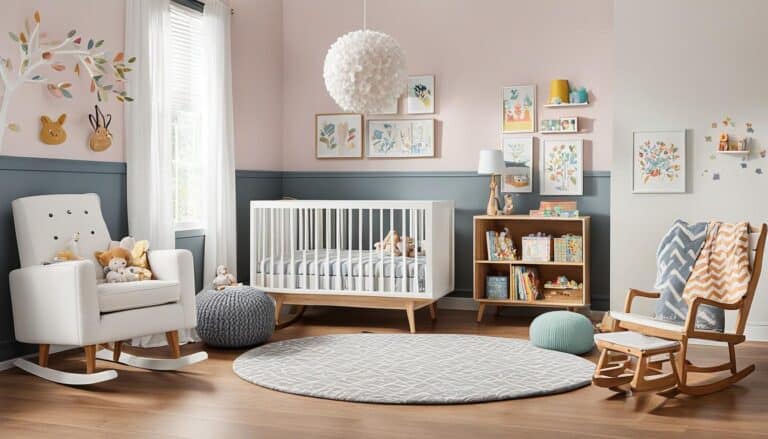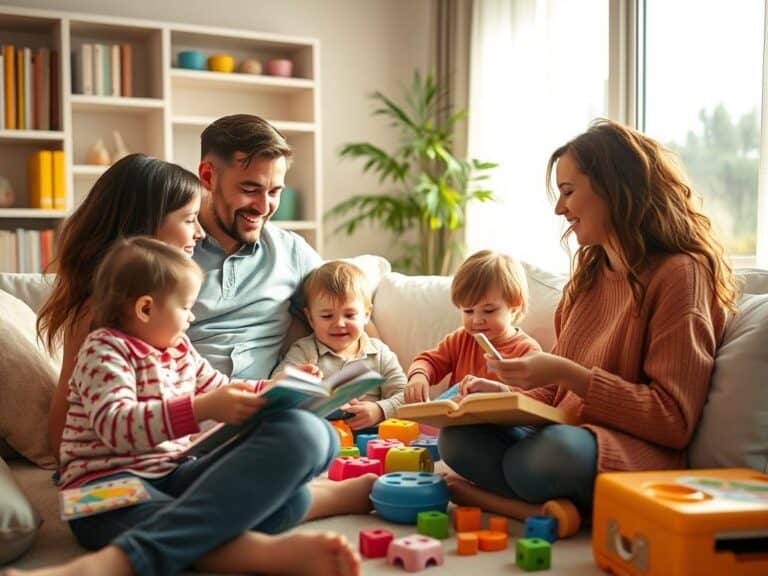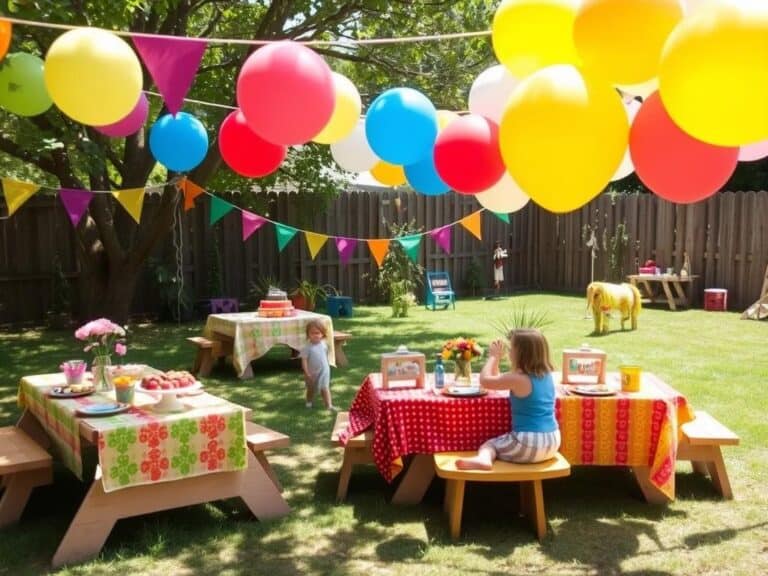How Positive Communication Can Strengthen Your Bond with Kids
X-Men Marvel Legends Series Kitty Pryde & Marvel’s Colossus Two-Pack, 2 Astonishing Comics-Inspired Collectible 6-Inch Scale Action Figures
Now retrieving the price.
(as of January 12, 2026 01:21 GMT +00:00 - More infoProduct prices and availability are accurate as of the date/time indicated and are subject to change. Any price and availability information displayed on [relevant Amazon Site(s), as applicable] at the time of purchase will apply to the purchase of this product.)USAOPOLY Flip 7, The Ultimate Blend of Press Your Luck & Strategy, Fast-Paced Addictive Card Game,Quick to Learn & Easy to Teach,Perfect for Game Nights, 3+ Players, Ages 8 & Up, 20 Minutes Play Time
$7.97 (as of January 12, 2026 01:21 GMT +00:00 - More infoProduct prices and availability are accurate as of the date/time indicated and are subject to change. Any price and availability information displayed on [relevant Amazon Site(s), as applicable] at the time of purchase will apply to the purchase of this product.)YLL Karaoke Machine for Kids, Portable Mini Speaker with 2 Wireless Microphones, 2026 TOP Kids Gifts for Girls Ages 3, 4, 5, 6, 7, 8, 9, 10, 12 +Years Old, 4-12th Birthday Present Toy Party (Purple)
$26.98 (as of January 12, 2026 01:21 GMT +00:00 - More infoProduct prices and availability are accurate as of the date/time indicated and are subject to change. Any price and availability information displayed on [relevant Amazon Site(s), as applicable] at the time of purchase will apply to the purchase of this product.)This post may contain affiliate links which means I may receive a commission for purchases made through links at no extra cost to you. I only recommend products I truly believe in. Thank you for your support!
Being a parent is all about building a strong bond with your kids. At the core of this bond is effective communication. It’s about sharing our thoughts, feelings, and expectations in a way our kids can understand.
Positive communication does more than just teach kids about the world. It also makes them feel loved, safe, and secure at home.
By being fully present and caring, we can better understand our kids. This helps them feel heard, valued, and understood. These are key for a strong parent-child relationship.
Key Takeaways
- Effective communication is foundational for building a strong parent-child relationship.
- Positive communication creates an environment of trust and understanding for children.
- Clear communication helps establish expectations and boundaries for children’s behavior.
- Active listening is a key skill for fostering open communication with children.
- Non-verbal communication, such as body language and tone of voice, is crucial in how children perceive parents’ messages.
Understanding Positive Communication

Positive communication is key to strong, trusting bonds with our kids. It means being fully present and listening well. This makes them feel heard and valued, deepening our emotional connection.
What is Positive Communication?
Positive communication makes kids feel safe to share their thoughts. It’s about active listening, where we give our full attention. This builds respect and understanding in our family.
The Importance of Clarity
Clear communication is also vital. We should use simple words that our kids can understand. Sharing positive messages boosts their confidence and emotional intelligence.
Listening Actively
- Maintain eye contact to show you’re engaged
- Avoid interrupting or formulating responses while they’re speaking
- Paraphrase what they’ve said to demonstrate understanding
- Ask open-ended questions to encourage further dialogue
- Pay attention to nonverbal cues like body language and tone
Active listening builds trust and makes our kids feel at ease. It’s the foundation for positive communication that strengthens our family bond.
The Impact of Words on Children
The words we use can deeply affect a child’s self-esteem and emotional growth. Positive communication is key to helping a child feel good about themselves. As parents, we can shape how our kids see themselves with the words we pick.
How Words Shape Self-Esteem
Children are very sensitive to what we say to them. Our words can either make them feel better or worse about themselves. When we acknowledge and celebrate their strengths, we help them feel positive about themselves. This positive reinforcement can greatly help a child’s emotional development and future relationships.
Encouraging Positive Self-Talk
We can also teach our kids to talk positively to themselves. By helping them see and say their own good qualities, we boost their self-esteem. This practice not only makes them more confident but also prepares them to handle tough times well.
“The language we use with our children can either lift them up or tear them down. By choosing our words carefully, we have the power to shape their self-perception and overall well-being.”
How we talk to our kids affects their emotional development and self-esteem a lot. By using positive language and encouraging self-affirmation, we help our kids grow into confident, strong, and capable people.
Building Trust Through Communication

As parents, we know how key trust is with our kids. Trust is the base of a strong bond, built on openness and honesty. We make our kids feel safe to share their thoughts and feelings with us.
Openness and Honesty
Being open and honest is vital for trust. Keeping promises and being there for our kids shows we’re reliable. As they grow, our bond should grow too, meeting their changing needs.
Sharing Feelings Responsively
Sharing our feelings helps our kids trust and respect us. By listening and validating their emotions, we make them feel safe. Studies show that good communication builds trust and security in the parent-child relationship.
Building trust through talking is a journey that needs patience and empathy. By being open, honest, and responsive, we make our kids feel heard and valued. This strengthens the parent-child relationship and helps with emotional intelligence through age-appropriate communication.
Strategies for Effective Dialogue
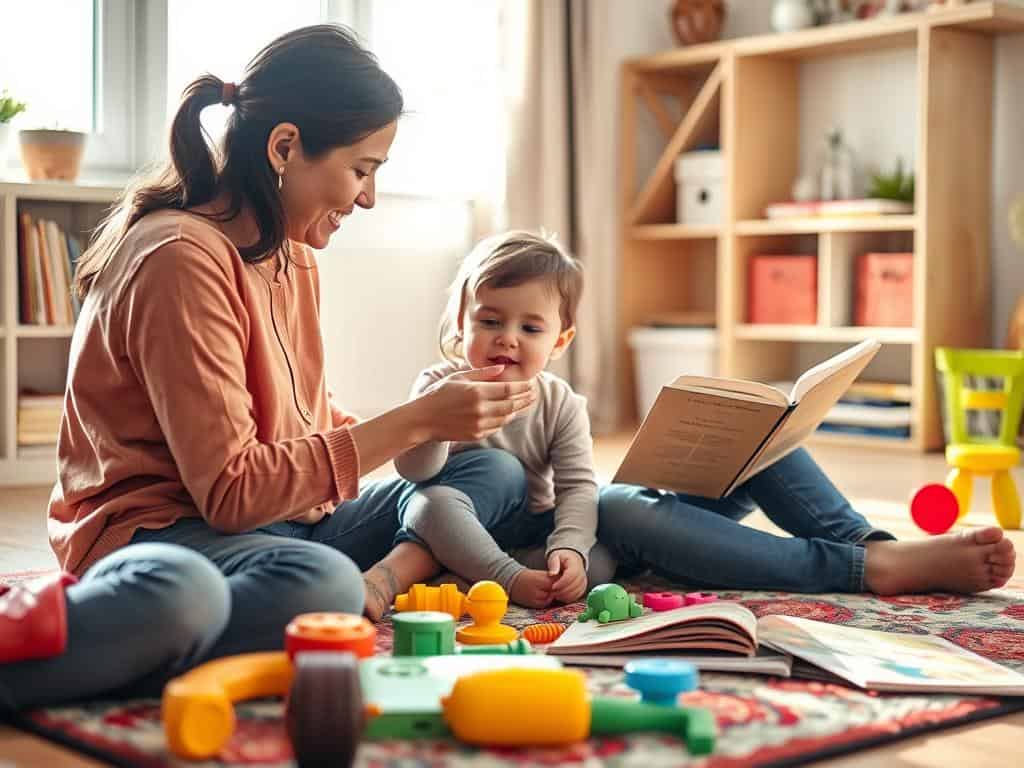
Good communication is key to a strong bond between parents and kids. Using “I” statements helps share feelings without blaming. This opens up talks and lets kids see your side. Also, asking open-ended questions makes talks deeper and encourages listening.
Using “I” Statements
Instead of saying, “You didn’t do your homework again,” say, “I feel frustrated when homework isn’t done.” I statements share feelings honestly without blame. This small change can greatly improve how your child talks back and the quality of your talks.
Asking Open-Ended Questions
Asking open-ended questions is another great way to talk. Don’t ask, “Did you have a good day at school?” which gets a quick “yes” or “no.” Ask, “What was the best part of your day today?” This lets your child share more and makes talks more meaningful. Active listening and showing real interest in their life can make your bond stronger.
“Effective communication is not about perfect speech, it’s about connecting with your child in a way that makes them feel heard and understood.”
Using these effective communication strategies helps create a safe space for your child to share. The most important thing is to listen well and show empathy. This builds trust and respect between you and your child.
Non-Verbal Communication Matters

As a parent, it’s easy to focus on what we say to our kids. But, non-verbal signals are key in building trust and understanding. By paying attention to body language and eye contact, we can strengthen our bond and have deeper talks.
Understanding Body Language
Children often notice our body language more than our words. A smile or a gentle touch can show love better than words. But, crossed arms or a tense face can make them feel uncomfortable.
Being aware of our body language helps us show our true feelings. This builds trust and shows we care.
The Role of Eye Contact
Eye contact is a strong way to show we’re fully there for our kids. Studies show it can lower bad behavior and improve our bond. It tells them they’re important and valued.
Eye contact is key for positive talks. It makes our kids feel heard and safe.
Non-verbal signals are the base of our bond with our kids. By paying attention to body language and eye contact, we build trust and emotional connection. This helps them grow and feel secure.
“The most important thing in communication is hearing what isn’t said.” – Peter Drucker
| Nonverbal Behavior | Potential Impact on Communication |
|---|---|
| Eye contact | Conveys attentiveness, interest, and emotional connection |
| Facial expressions | Reflect emotions and can reinforce or contradict verbal messages |
| Tone of voice | Influences the meaning and emotional tone of the message |
| Posture and body positioning | Indicates openness, engagement, or discomfort |
| Gestures | Can emphasize or clarify verbal communication |
| Touch | Can convey comfort, affection, or reassurance |
Creating a Safe Space for Conversation

Talking openly with our kids is key to a strong bond. It helps them feel good about themselves and understand others. We need a place where they can share freely, without fear of being judged.
Encouraging a Judgment-Free Zone
We must show our kids what we want them to be. By listening well and caring deeply, we show them our home is safe. This tells them their feelings are important and they can trust us.
Also, setting clear rules for talking helps a lot. When kids know what’s expected, they talk better. This makes our bond stronger and helps them feel good about themselves.
“The greatest gift you can give your child is the confidence to be themselves.”
By making a safe space for talk, we help our kids be themselves. They learn to trust and communicate well. This makes our relationship better and helps them grow.
The Benefits of Routine Communication
It’s key to have good communication with our kids to build trust and connect well. Routine talks help a lot. Regular family meetings and daily chats can make our bonds stronger and help us understand each other better.
Daily Check-Ins
Spending a few minutes each day with our kids can really help. These daily check-ins let us know what’s going on in their lives. By listening and talking, we show we care and create a space for open talks.
Family Meetings
Family meetings are also important. They’re for talking about big issues and making decisions together. We can solve problems and celebrate wins as a family. This lets our kids feel heard and helps the whole family.
Regular talks, like daily chats or family meetings, bring us closer together. They help us feel like a team. These habits teach our kids how to talk and connect with others. Using effective communication strategies helps us build trust and foster age-appropriate communication in our families.
Praise and Positive Reinforcement
As parents, we shape our kids’ self-esteem and emotional growth. We do this through how we talk to them. Praising and rewarding them helps build pride and confidence.
Recognizing Small Achievements
It’s easy to focus on big milestones. But small wins are just as important. Things like doing a chore, sharing, or trying new foods deserve praise.
By praising these moments, we show we value their efforts. This boosts their self-esteem and emotional development.
Balancing Criticism with Praise
Constructive criticism is okay, but praise is key. Too much criticism can hurt their confidence. We should celebrate their successes, no matter how small.
This positive reinforcement motivates them to keep being positive. It also helps them grow, be resilient, and face challenges.
Using praise and positive reinforcement daily strengthens our bond with our kids. It builds trust, belonging, and emotional security. This creates a healthier family dynamic.
Navigating Difficult Conversations
As parents, we often face tough talks with our kids. These chats can be about many things, like solving problems or talking about what’s right for their age. It’s key to be kind and listen well, so our kids feel understood and supported.
Addressing Tough Topics Gently
Timing is key when talking about hard topics with kids. Pick a calm moment to talk. This helps the conversation go better.
Choose a quiet place to talk where your child feels safe. Avoid places that might make them feel embarrassed or judged.
Validating Emotions
Listening well is very important. It helps us connect more with our kids and makes them feel valued. This builds trust and helps them come to us for help when they need it.
It’s also vital to accept how our kids feel. By doing this, we show them we get it and they’re okay. This helps them grow emotionally and deal with problems better.
After tough talks, it’s important to keep supporting our kids. Keeping the lines of communication open helps them face challenges and grow stronger.
“The most important thing in communication is hearing what isn’t said.” – Peter Drucker
Making Communication Fun and Engaging
Talking to our kids doesn’t have to be boring. Adding fun and creativity can really help. Using stories and games can open up new ways to talk and learn together.
Creative Storytelling
Stories can really grab a child’s attention and spark their creativity. We can tell tales that match their interests and life. This way, even tough topics can become fun and engaging.
Using Games as Teaching Tools
Games, both online and offline, are great for teaching kids. They mix fun with learning, helping kids think critically. Activities like role-playing and scavenger hunts promote teamwork and idea sharing, making family time more enjoyable.




